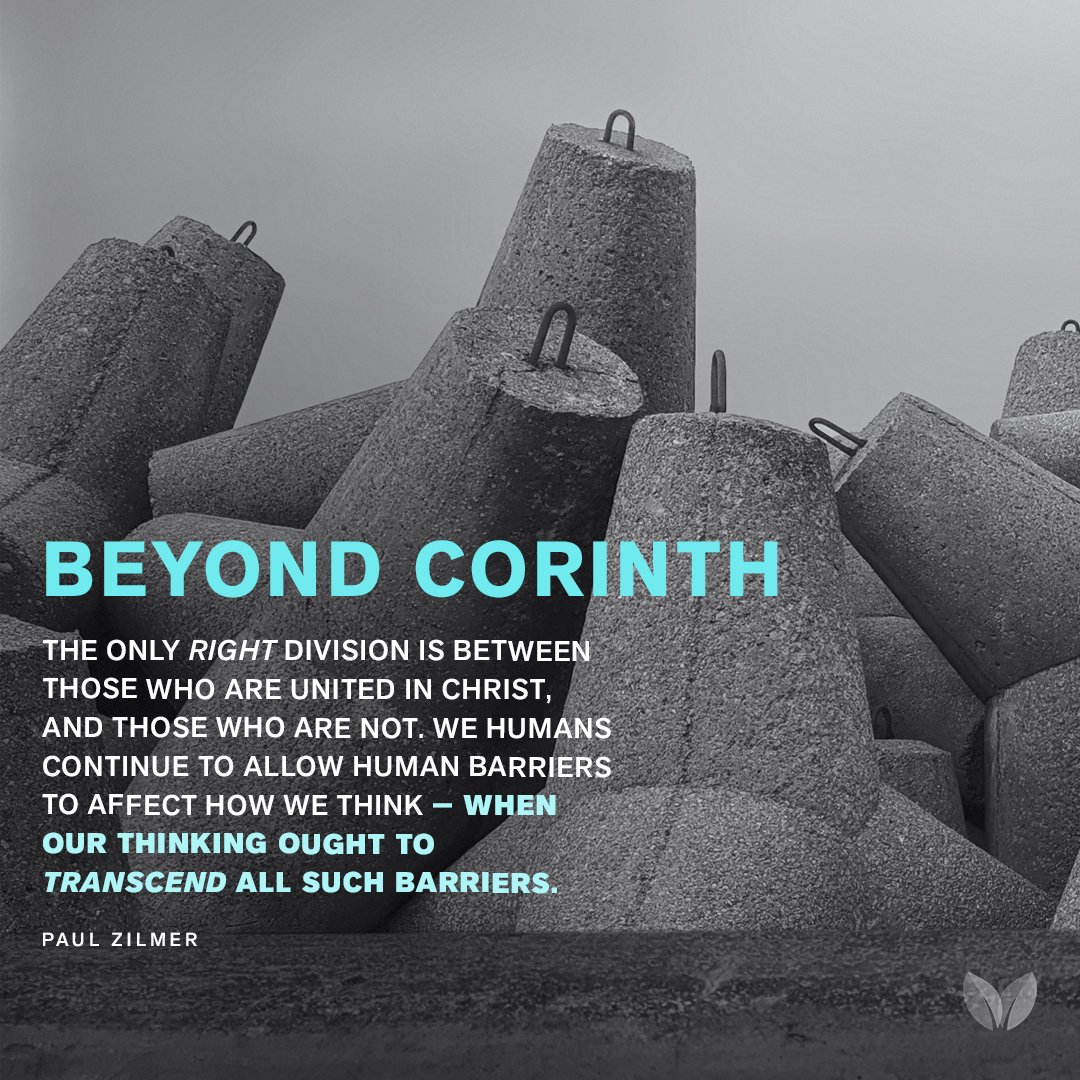WCF Blog

Time for what lasts
What portion of our lives is given to things that don’t last, things that are gone in a few years, or gone next year, or gone tomorrow? A lot, I’m guessing. Over 90%? 95%? 98%?

Expected
You’ve read these verses any number of times. Take a look at them again—in fact turn them up and read the full context. Jesus is the speaker in all these: “Be like men who are waiting for their master to come home… You also must be ready, for the Son of Man is coming at an hour you do not expect.” (Luke 12:35-40)

Veil
In the Tabernacle, built by Moses at the Lord’s command, a veil (or curtain) separated the Holy place from the Most Holy. The priests went regularly into the Holy—to offer incense, to tend the golden lampstand, to lay out the “bread of the presence”. But the Most Holy, which contained the Ark of the Covenant, was only entered once a year, only by the High Priest, only on the Day of Atonement. The details are found throughout Exodus and Leviticus.

Beyond Corinth
Paul addresses his audience: “To the church of God that is in Corinth, to those sanctified in Christ Jesus, called to be saints together with all those who in every place call upon the name of our Lord Jesus Christ, both their Lord and ours… “ (1 Corinthians 1:2)

Begrudge
Recorded for us are two parables of Jesus that deal with someone begrudging someone else. In the “Prodigal Son” (Luke 15:11-32), the older brother begrudges the welcome given to his returning brother. And in the “Laborers in the Vineyard” (Matthew 20:1-16), those hired early begrudge those hired later, for getting the same pay.

Overcome the world
It’s the final evening before his arrest, trial and execution, and Jesus gives his disciples an intense class on what lies ahead for them—without him being physically present. It’s the longest conversation recorded in the whole Bible. He concludes the class with these words: “In the world you will have tribulation. But take heart; I have overcome the world.” (John 16:33) After that he prays for them (John 17), and then heads out to the Garden of Gethsemane.

Put it away
Who says this? “Put all this stuff away!” A lot of us recognize it as something Mom or Dad said to us—and a lot of us have said it ourselves to our own kids. Bosses might say it to their employees, or teachers to students, perhaps spouses or neighbors to one another during an argument.

Chosen
“For you are a people holy to the LORD your God. The LORD your God has chosen you to be a people for his treasured possession, out of all the peoples who are on the face of the earth.” (Deuteronomy 7:6)
Israel, the Jewish people, are chosen by God. Why would He choose such a nation? They turned their backs on Him again and again. Why in fact would He choose any nation of sinful mortals? We’re all messed up.



Good
None of us would claim to be good. We are too aware that Jesus himself refused such a label: “Why do you call me good? No one is good except God alone.” (Mark 10:18) Jesus was tempted in every way like we are, but did not sin. (Hebrews 4:15) If even he refused to be called “good”, how could we possibly claim to be?

Graduation
It’s late spring, and it’s graduation season here in North America. Students are congratulated, honored for completing some level of education, encouraged as they go on to the next step—whether that’s additional school or heading into employment, the adult world, supporting themselves.

Sleeping for sorrow
You probably recognize the title phrase, “sleeping for sorrow,” describing the disciples falling asleep while Jesus prays in the Garden of Gethsemane. It’s an odd phrase, isn’t it?

Stones
Stones seem to be really important in scripture, and therefore we have to conclude, important to God. Under the Law, altars were to be made of unhewn stones. So right there, approach to God is linked to stones. On the grimmer side, stones were to be used for executions for capital offenses. And as we all know, David killed Goliath with a stone.


So loved
Just two little words, but my what they evoke! I’m pretty sure that the two-word title caused 100% of those who read it to mentally lock on John 3:16—the most well-known verse in the Bible, even among non-believers: “For God so loved the world, that he gave his only Son, that whoever believes in him should not perish but have eternal life.”

About me
I really hesitated to post this. Because it’s about me. Again and again, I keep having to remind myself: it’s not about me. I get so frustrated with myself for my mind wandering into self-centered channels, and then it dawns on me that even my self-frustration is self frustration—I’m still making it about me.

Who indeed?
Who did people think Jesus was? He asked the disciples this question, be before we get to that, let’s back up a step. Who did people think John the Baptist was?

Accepting a Roman
The Jews of Judea and Galilee famously hated and resisted being ruled by the Roman army—to the extent of armed revolt. The rebellion most well-known among us began in AD 66 and culminated in the destruction of Jerusalem, including the Temple, in 70.

Passover Lamb
Israel was commanded, emphatically and repeatedly, to keep the Passover every year, as a remembrance of the deliverance from slavery in Egypt. Detailed instructions were given by God on how to keep the Passover, recorded in Exodus 12, Numbers 9, and Deuteronomy 16.

